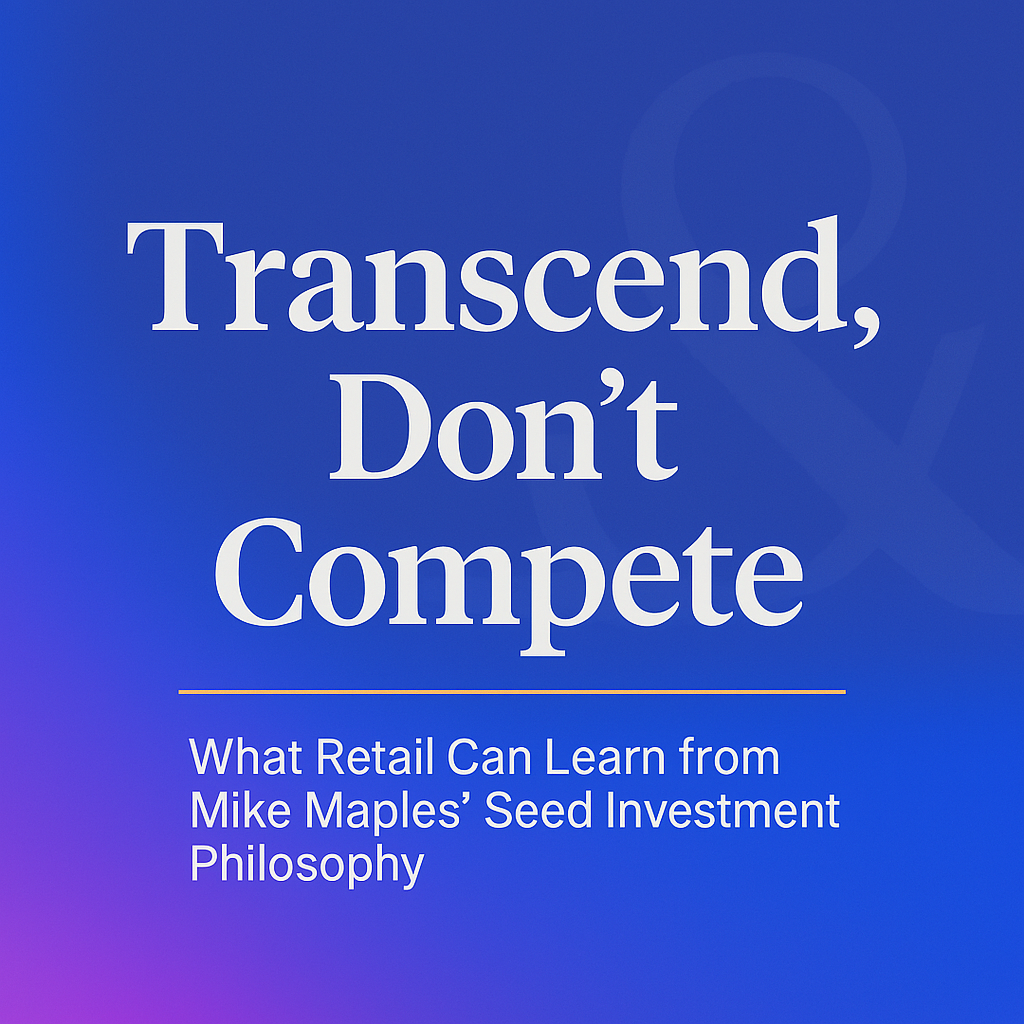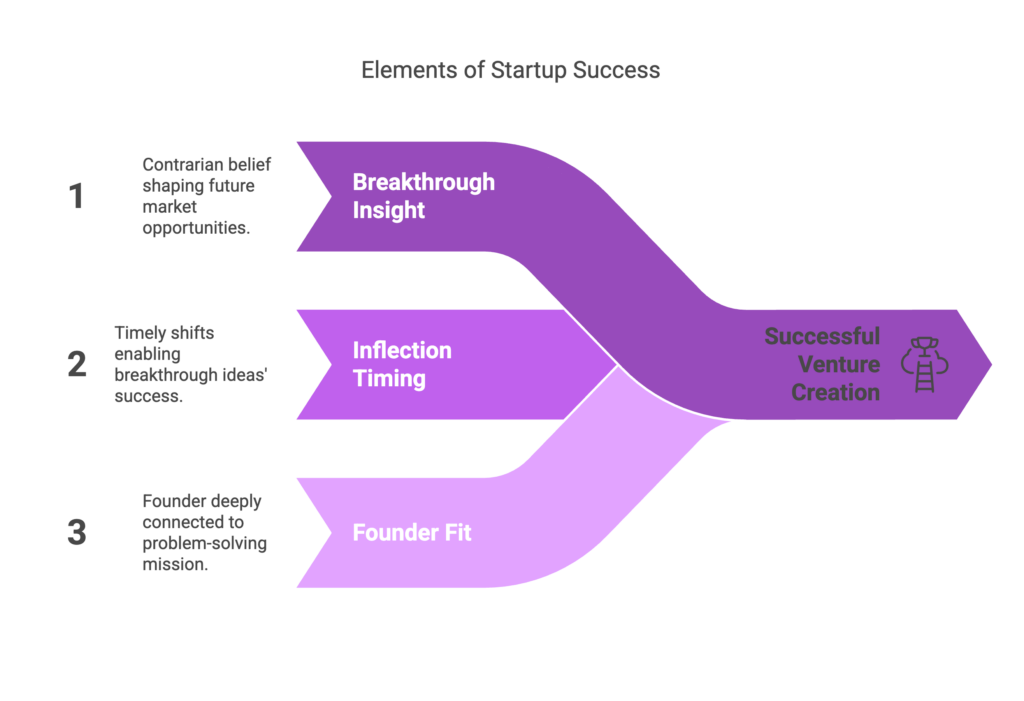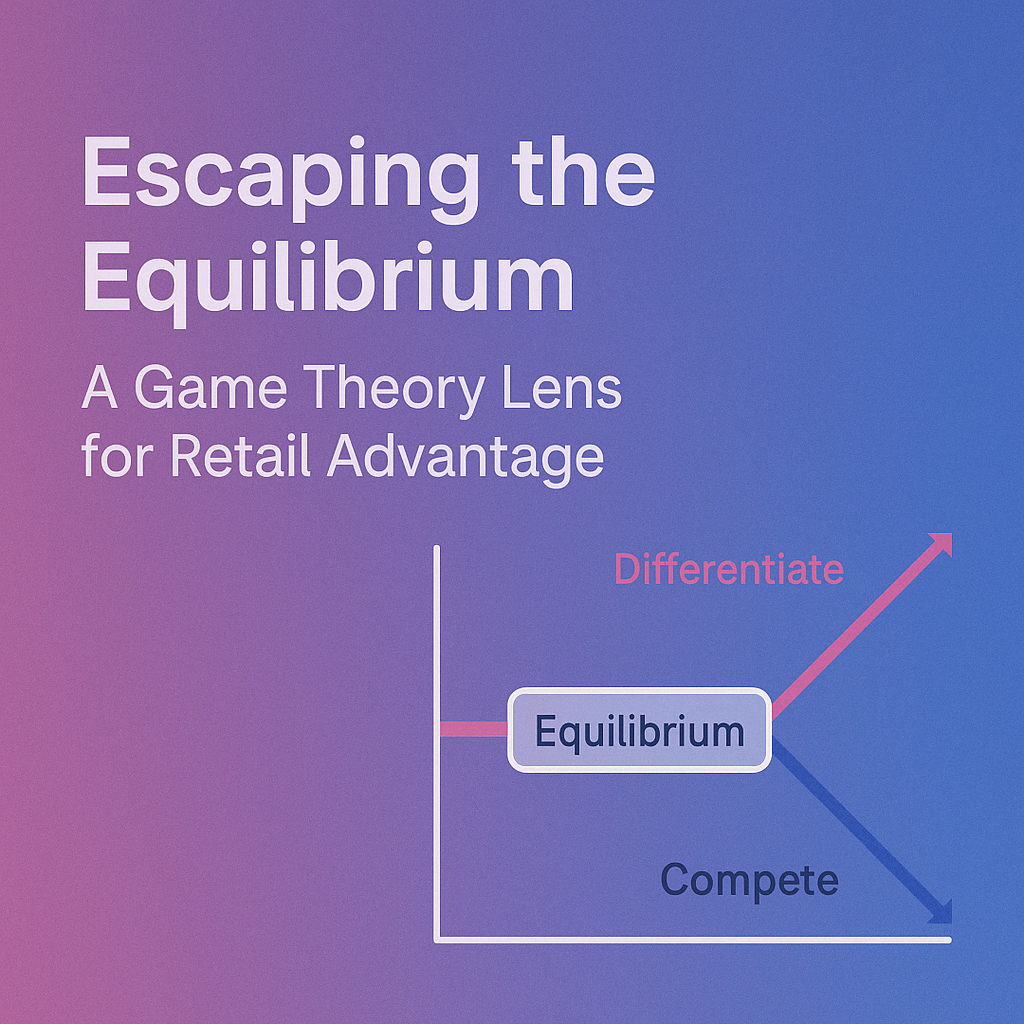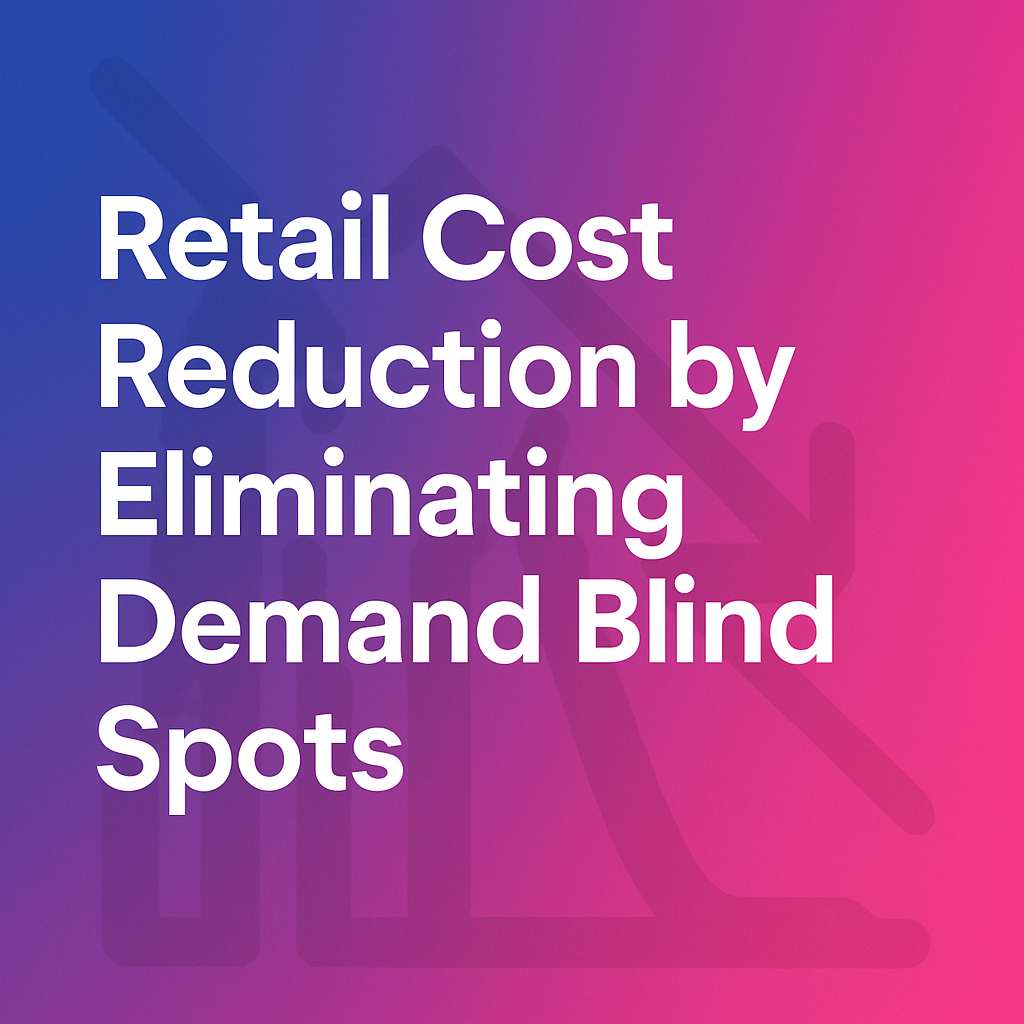Transcend in Retail: What Retail Can Learn from Mike Maples’ Seed Investment Philosophy

Executive Summary
Mike Maples, Jr., founding partner of Floodgate and one of Silicon Valley’s most successful seed investors, doesn’t play the conventional game of venture capital. He doesn’t look for small wins or safe bets. Instead, he seeks out what he calls “Thunder Lizards” — radical, future-shaping startups that redefine categories or create entirely new ones. His guiding principle is simple: transcend, don’t compete.
Retailers, especially in sectors like fashion, lifestyle, consumer electronics, and home goods, can adopt this mindset. In these high-uncertainty, fast-moving markets, betting on new products is not unlike early-stage startup investing. The brands that win big aren’t those that tweak last season’s bestsellers; they’re the ones who see what others miss, act boldly, and scale with precision. This blog explores how companies can transcend in retail by thinking like venture capitalists. It ends with how Stylumia enables these future-shaping decisions through demand science and real-time market intelligence.
Mike Maples’ Philosophy: Playing a Different Game
Maples is known for backing companies like Twitter, Lyft, and Twitch long before anyone else saw their potential. His secret? He doesn’t just evaluate ideas based on market size or trends. He looks for non-consensus insights — truths that most people don’t believe yet. He invests in founders who live in the future, building products that seem bizarre or niche now but become inevitable later.
At the core of his strategy are three principles:

- Breakthrough Insight: A contrarian but correct belief about how the world is changing.
- Inflection Timing: A societal or technological shift that makes this idea possible now.
- Founder Fit: A founder with an authentic, obsessive connection to the problem.
Maples doesn’t try to win in crowded markets. He wants to find the next market. He doesn’t try to compete harder; he aims to play a completely different game. That mindset is essential for those who seek to transcend in retail.
Maples invests knowing that returns follow a power law in venture capital, where just a few companies deliver the majority of gains.
Analogy to Retail: Creating Demand, Not Fighting for It
Most retailers operate in competitive mode: benchmarking the market, analyzing competitors, and launching similar products. That’s optimizing for today. It’s a survival strategy, not a growth strategy.
But transcendent retailers think like Maples. They don’t chase what’s trending — they define what’s next. They don’t just satisfy demand — they create new demand by launching products the market didn’t know it needed. This is how you transcend in retail rather than just compete.
Let’s look at three case studies where retail companies have embraced this investment-style mindset.
1. Zara: Fast Fashion as Portfolio Investing
Zara runs its product pipeline like a seed fund. Every season, it launches thousands of new SKUs in small batches. These are product experiments. Zara then uses real-time sales data to double down on the hits and kill the misses. This minimizes inventory risk and maximizes upside.
Zara doesn’t wait for a trend to be validated. It puts dozens of ideas into the world and lets the market decide what wins. This is classic venture thinking: test fast, fail fast, scale what works. And a perfect way to transcend in retail by discovering, not predicting.
2. Glossier: Co-Creating Products with Earned Insights
Glossier built a billion-dollar beauty brand not by competing with legacy players but by co-creating with its community. Before launching its Milky Jelly Cleanser, the founder asked readers of her blog what their dream cleanser would look like. She didn’t rely on industry trend reports; she crowd-sourced unmet needs.
This insight wasn’t obvious to incumbents. But to the Glossier community, it was obvious and urgent. Glossier launched with built-in demand — a product shaped by the very people it was for. This shows another way to transcend in retail by tapping into untapped desires.
3. IKEA: Piloting Future-First Products
IKEA often launches new concepts in test markets before scaling. For example, in response to urbanization, it designed multifunctional furniture for small spaces and piloted it in select cities. IKEA treats these like MVPs (Minimum Viable Products).
This approach mirrors startup investment: fund the prototype, validate demand, and then invest in scale. It lets IKEA shape categories instead of react to them. And that’s how they continue to transcend in retail globally.
Transcending vs Competing: A Comparison
| Mike Maples (VC) | Breakthrough Retailer |
|---|---|
| Invests in non-consensus insights | Launches unexpected, demand-creating ideas |
| Seeks to create new categories | Defines new product categories |
| Plays offense with capital | Places bold but small bets to test ideas |
| Focused on fit before scaling | Pilots before national rollout |
| Avoids incrementalism | Skips copycat products |
So, How Can Retailers Transcend?
Stylumia is built for this exact challenge. Just as Mike Maples seeks proprietary insights into emerging startup potential, Stylumia delivers proprietary market intelligence into emerging product trends, unmet needs, and whitespace opportunities in retail.
Using AI, Stylumia analyzes real-time consumer demand signals across brands, retailers, and marketplaces to surface:
- Non-obvious trends that are growing fast but underrepresented
- Demand whitespace that others are missing
- Product-market fit signals from live consumer behavior
Retailers use Stylumia not just to reduce failures but to spot and scale breakthrough product ideas. It turns traditional forecasting on its head by starting with the consumer, not the competition. If you are looking to transcend in retail, Stylumia is your unfair advantage.
With Stylumia, you don’t just get better at competing. You get smarter at transcending.
Final Word: Be the Venture Capitalist of Your Own Shelves
Mike Maples’ investing style is not about playing the game better; it’s about changing the game. Retailers who embrace this mindset — who make small, bold, insight-driven bets — will shape the future of their categories.
In an uncertain world, the winners won’t be those who copy faster. They’ll be the ones who imagine deeper, test smarter, and act braver. With partners like Stylumia delivering real-time insights, transcending becomes not just possible, but practical.
Don’t just compete. Transcend in retail.
If you would like to know pathways to transcend, reach out for a free consultation here.




